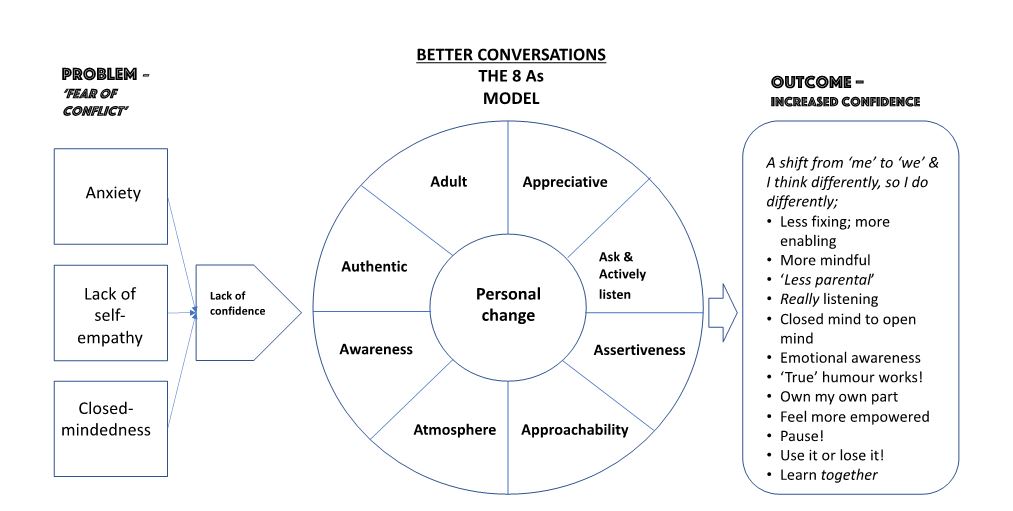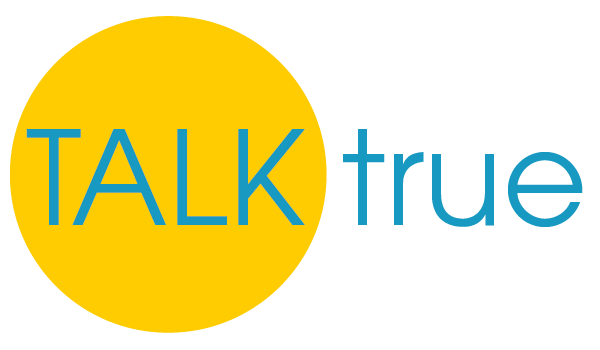Our Process
Why I want to help people have peace of mind at work.
I have been in human resources since 1974! During that time, I have made a big shift in job from ‘Industrial Relations’ expert followed by Employee Relations expert to my current role as Behavioural and Positive Psychology Coach and HR Consultant; (with 28 years as an HR director in the middle somewhere!). I realised I didn’t much like my roles of ‘cleaning up after conflict’. Far too much of my life has been spent in adversarial processes. As in war, everyone loses.
My passion in life is helping prevent conflict at work, before it happens. I help people make small but hugely impactful personal changes which can make a huge difference to them. In turn, these changes positively impact those around us to improve relationships and heal damaged ones.

‘Why can’t people just get along!’
People fall out at work all the time. Incivility and poor behaviour are more often left to fester, affecting everyone around us. When things inevitably blow up – they invariably don’t go away of their own accord – HR is called in to help sort the problem; often too late.
In 2012, I was HR Director of Surrey County Council. I heard a presentation from a member of my team, which inspired me so much, it totally turned the course of my life. She shared about the number of young people in care in Surrey who were ending up stigmatised for life by a criminal justice system that ‘threw the book’ at young people for misdemeanours in their teenage years. Some amazing people in Surrey’s Youth Justice Team had turned that situation around by adopting Restorative Justice (RJ) principles. RJ is a process which brings victims of crime together with the perpetrators (if parties agree), with a trusted facilitator and a lot of listening and sharing. People can be moved to make amends and others to forgive. This has turned lives around.
My colleague wanted to know why we couldn’t bring the principles of RJ into the world of work. Why not indeed! We subsequently developed Restorative HR practice and retrained the HR team in coaching skills and restorative skills to enable them to help people talk to each other and to find their own solutions; early!
That was 8 years ago. I have since retrained in positive psychology and coaching psychology and now operate as a Behavioural and Positive Psychology Coach as well as a restorative practitioner. I help people, teams and organisations find a better way out of conflict and difficulty and build stronger relationships and cultures as a result.
My Research
I have developed research at the University of East London, Psychology Department which shows that even when people know what to do and tell themselves they ‘should’ speak up when there is conflict and difficulty around them, and even though they believe it could make really things better if they do, they simply lack the confidence to do so. Fear and lack of confidence holds them back. Giving people ‘tips and a script’ will not address the ‘inner’ issues which impair confidence.
I have a master’s degree in Employment Law and a Master of Science degree In Applied Positive Psychology and Coaching Psychology. My research brings these two worlds together. The research aimed to build an effective intervention to help people talk positively and confidently with each other to heal rifts and prevent conflict blowing up.
Through my research, I have developed the TalkTrue 8As model© which was found to help people positively reframe and make positive personal changes to address state anxiety, lack of self-empathy and closed-minded practice found in participants which had hitherto impaired their confidence to engage in conflict communications.
The TalkTrue 8As model©
People can unwittingly contribute to their own lack of confidence, through fixed thought patterns and low curiosity to discover what lies behind the conflict before communicating. The TalkTrue 8As model© helped people positively reframe and make positive personal changes including deeper listening, greater self-empowerment, emotional regulation and more mindfulness. This resulted in increasing people’s confidence to engage in difficult conversations with each other. This accords with a growing number of studies applying positive psychology to addressing workplace stress e.g. Neff and Germer (2013).

The TalkTrue 8As model© is an effective solution for;
Relationship building and conflict prevention; better communications have been shown to prevent greater conflict down the line if left unchecked, (Teague, Roche, Gormley & Currie, 2015). The TalkTrue 8As model© gives people the skills to make their best judgement about when, whether and how to intervene during conflict at work. Often people don’t realise their own thought patterns and practice can unwittingly contribute towards their own lack of confidence, showing that we ourselves hold the power to make positive change to our own circumstances, echoing Mahatma Gandhi’s observation; “Be the change that you wish to see in the world.”.
Health and well-being; the TalkTrue 8As model© can help people who can become stressed by conflict, by enabling them to have mastery over their circumstances through increased confidence.
